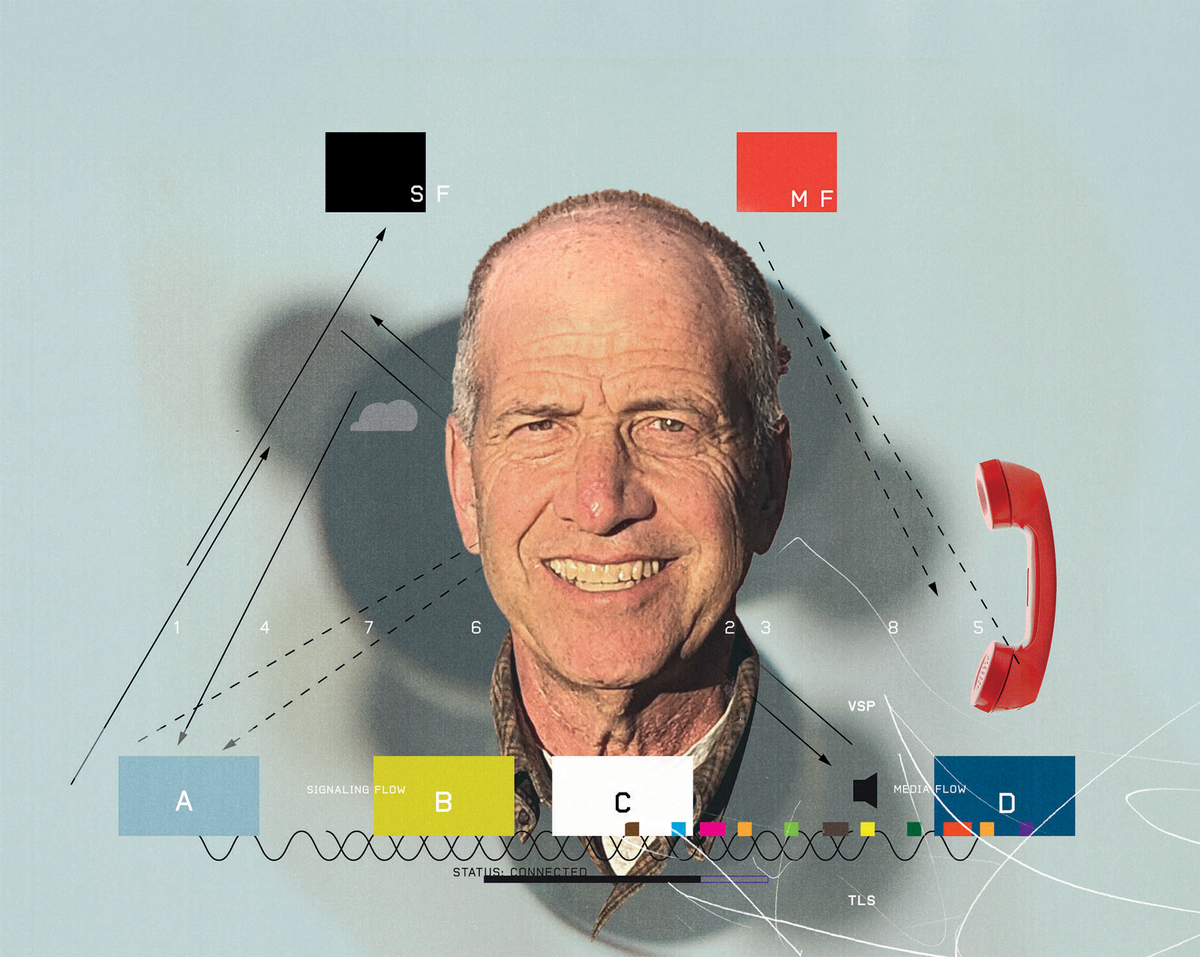Back in 2005, then Health & Human Services Secretary Michael O. Leavitt was enthusiastically pushing hospitals and individual physicians to embrace electronic health records. Not only would healthcare providers and their patients benefit, but the cost saving EHRs would create (estimated to be $600 billion a year) would be “a key part to saving Medicare.”
On Monday, Kathleen Sebelius, the current HHS Secretary and Eric Holder, the U.S. Attorney General, sent a letter to five major hospital trade associations (pdf) warning them that EHR systems were not to be used to “game the system” in order to find ways to “possibly” obtain “illegal payments” from Medicare (and Medicaid). The letter said that Medicare billing is being scrutinized for fraud, and implied that those organizations using EHR’s to bill Medicare will receive extra scrutiny.
The proximate cause for the letter was a New York Times article last week that described Medicare billing by hospitals and other medical groups increasing by over $1 billion over the past few years because of the rise in the use of EHRs. The article also stated that billions more are being billed to private insurers and patients alike because of the increased use of EHR systems.
The Times article, for instance, describes how "hospitals that received government incentives to adopt electronic records showed a 47 percent rise in Medicare payments at higher levels from 2006 to 2010, the latest year for which data are available, compared with a 32 percent rise in hospitals that have not received any government incentives" When queried about the increased billings, the hospitals contacted said that their new EHR systems allowed them to bill for the costs of services that they used to absorb themselves.
But, as the Times article also points out, the advent of EHR systems has also made it much easier for healthcare providers to “upcode” services, i.e., claim with a single click on a field in an EHR record field to have provided a medical service or procedure when it wasn’t really performed. EHR systems also make it easier for healthcare providers to upcode by accident, thereby triggering a fraud investigation.
While EHR companies don’t condone upcoding, they haven’t been exactly shy about touting the use of EHRs as a means to aggressively bill for services or procedures that once weren’t billed (pdf). In fact, “Increased payments due to more accurate billing and coding” is offered (pdf) by the American Medical Association (AMA) as a reason why doctors should invest in such systems.
The hospital associations that received the warning letter have fired back at Sebelius and Holder, in effect telling them that the billing issue has more to do with the lack of updated national evaluation and management guidelines for the reporting of hospital emergency department or clinic visits than with deliberate fraud. As the American Hospital Association points out in its letter to Sebelius and Holder, the government acknowledged long ago that the currently used April 2000 Medicare and Medicaid evaluation and management guidelines “did not adequately describe the range and mix of services provided in hospitals." Furthermore, the government has promised updated guidelines that more accurately describe those services for the past 8 years, but has studiously failed to publish any. On the other hand, the government has vigorously increased the number of billing audits and denial of medical payments, the latter which are overturned after appeal 75 percent of the time, the AHA claims. The AHA notes that "more accurate documentation and coding does not necessarily equate with fraud."
A cynic might think the U.S. government deliberately hasn’t published updated guidelines for billing for Medicare and Medicaid-related services because it knows that if it did, the government would have to pay more for services that healthcare providers were providing but weren’t billing for before.
I don’t doubt that some healthcare providers are upcoding. But no one, least of all the government, should be surprised that information technology is also allowing healthcare providers to be more accurate in what services they are billing for as well, with a resultant higher cost. After all, the U.S. government itself touts EHR systems as a means for “faster and more accurate coding, which often results in billing at more accurate and higher levels.”
Robert N. Charette is a Contributing Editor to IEEE Spectrum and an acknowledged international authority on information technology and systems risk management. A self-described “risk ecologist,” he is interested in the intersections of business, political, technological, and societal risks. Charette is an award-winning author of multiple books and numerous articles on the subjects of risk management, project and program management, innovation, and entrepreneurship. A Life Senior Member of the IEEE, Charette was a recipient of the IEEE Computer Society’s Golden Core Award in 2008.



